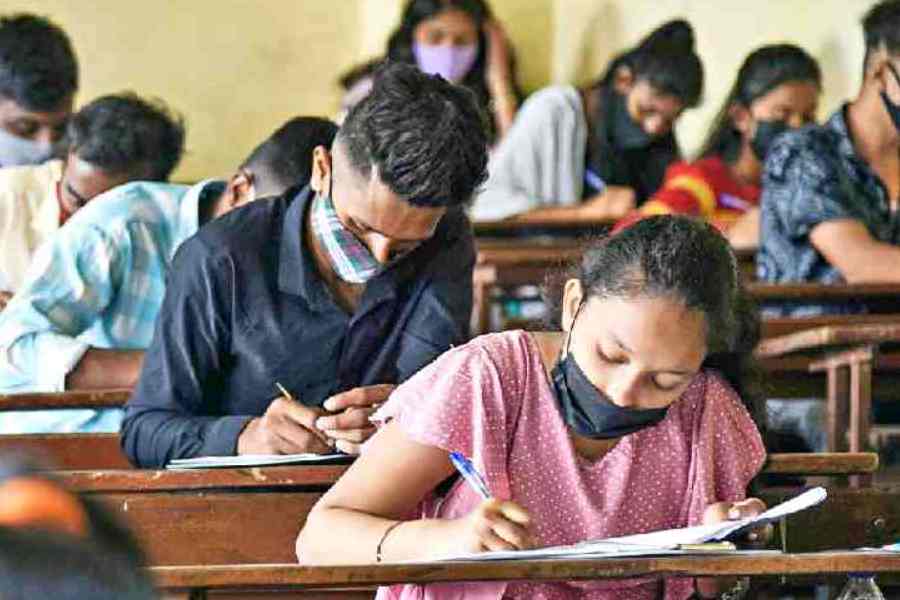Candidates to take National Common Entrance Test for admission to Integrated Teacher Education Programme


A common entrance test is set to be held this year for a newly launched course to grant undergraduate and teacher-training degrees together.
The move to conduct a National Common Entrance Test (NCET) for Class XII pass-outs seeking admission to the Integrated Teacher Education Programme (ITEP) has prompted some academics to fear that it would encourage private coaching and handicap those students who lack access to such tuition.
“Admission for (sic) this course will be carried out by the National Testing Agency (NTA) through a single nationwide entrance test called NCET,” a notice issued by the National Council for Teacher Education (NCTE) said.
The NCTE had in October 2021 rolled out the four-year ITEP, which grants dual undergraduate and BEd degrees. The ITEP was offered in 2022-23 by a few institutions on a pilot basis. Students passing out of the course will get BSc-BEd, or BA-BEd or BCom-BEd degrees.
The NCTE has said in the notice that the ITEP will be offered in the IITs, NITs, central and state universities and government colleges from 2023-24.
The other teacher training courses like the two-year BEd, two-year MEd and two-year DElEd will continue to be offered by universities and colleges. The NCTE is preparing the syllabus for the ITEP.
Former chairman of the National Institute of Open Schooling, N.K. Ambasht, said the formats of entrance tests like the Joint Entrance Examination-Main, JEE-Advanced, National Eligibility-cum-Entrance Test (NEET) and the Common University Entrance Test (CUET) were aimed at eliminating students instead of enabling them to demonstrate their competence. The proposed NCET would in all probability follow this format of elimination-based selection, which will be detrimental to poor students, he said.
“A large number of objective-type questions are asked (in the entrance tests). Students are getting training from coaching centres to crack these tests by adopting certain techniques rather than demonstrating their understanding and competency. This system is aimed at the elimination of most of the candidates. This helps those who get coaching. The poor and marginalised students are not able to perform,” Ambasht said.
Ambasht said the exams should have more thought-provoking questions and there should be a bank of such questions.
Jitendra Sharma, a retired faculty member from a teacher training college in Jodhpur, said admissions to BEd, MEd and DElEd courses were now held through state-level entrance tests. The ITEP will enable students from across the country to compete.
“In a way, it will add to the glory of the teacher education course, which was not considered a priority. Also, it will encourage students to take coaching, which will proliferate,” Sharma said.
He said the private coaching industry had blossomed in recent years as performance in the board examinations no longer carried any weight during admission to higher courses.